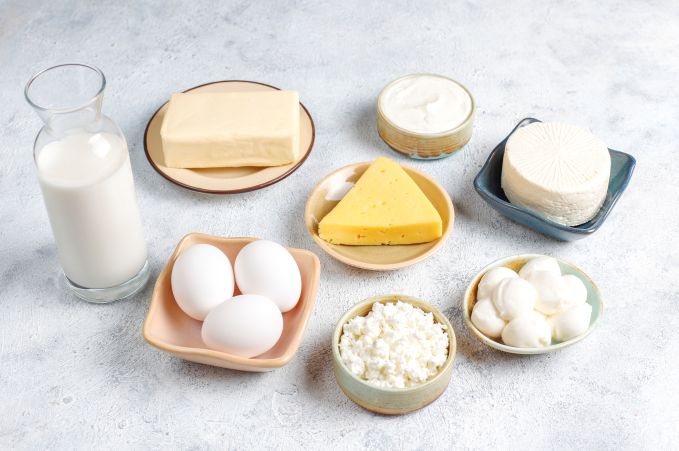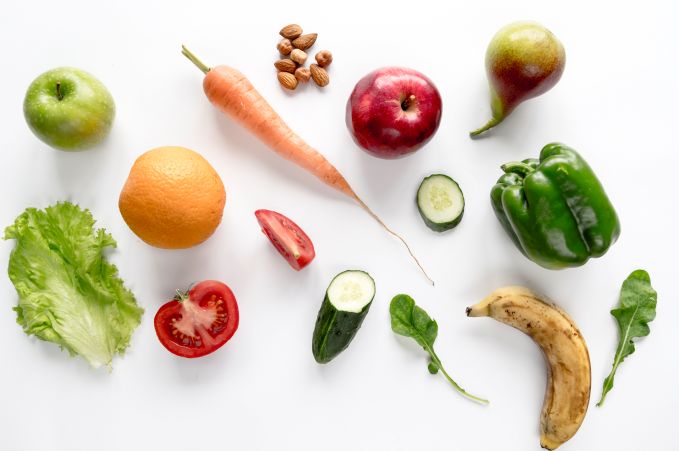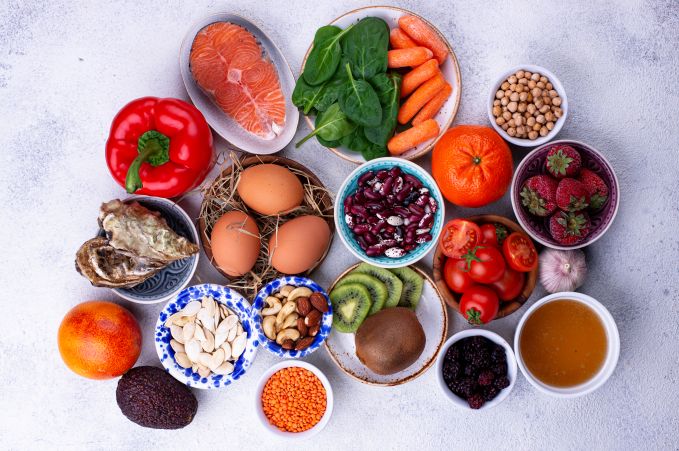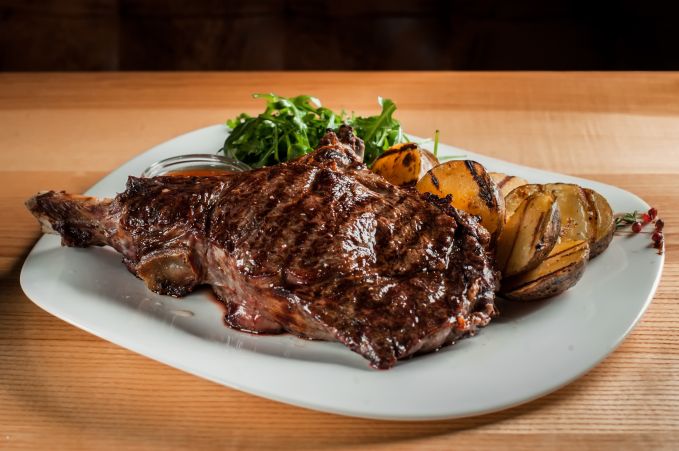Osteoarthritis is a degenerative illness and is the most common form of arthritis. It occurs when the protective cartilage that cushions the ends of your bones wears down over time. Osteoarthritis can’t be completely cured or reversed, but can only be managed By making little lifestyle changes, patients of osteoarthritis can make this condition more bearable.
The most important lifestyle change for better management of osteoarthritis is DIET. A proper diet for osteoarthritis plays an important role. There are specific categories of food that are good for osteoarthritis and patients with joint diseases, which they should include or avoid in order to reduce symptoms.
Some types of food have anti-inflammatory capabilities which can help reduce symptoms while other types of food may amplify them. Let’s understand it better:
5 Best diet for osteoarthritis

1. Fish
Fish contains plenty of omega-3 fatty acids. These fatty acids are anti-inflammatory in nature and hence benefit people with osteoarthritis. Aiming to eat at least one portion of fish (sardines, mackerel, salmon, fresh tuna) per week is a great idea for people with osteoarthritis.
One may also consume Omega 3 supplements if they don’t prefer or like eating fish.

2. Dairy Products
Being rich in vitamin D and calcium, dairy products like milk, yoghurt, and cheese increase bone strength. They may help you to provide improvement in painful symptoms.
Consuming dairy may also help in preventing gout and fight the progression of osteoarthritis (OA). However, make sure you opt for low-fat milk to avoid consuming extra calories and saturated fat.

3. Green Leafy vegetables
Adding greens to your diet is always a great idea. They are rich in vitamin D, vitamin A, vitamin K, antioxidants and various other nutrients. They help in boosting the immunity system as Vitamin D is essential for calcium absorption.
Dark leafy greens such as bok choy, Chinese cabbage, kale, collard greens, and turnip greens also have vitamin K, which can reduce your risk for osteoporosis and improve osteoarthritis symptoms.

4. Collagen rich food
Consuming more collagen-rich foods such as chicken, garlic, citrus fruits or Collagen supplements are good for joint function and cartilage as they can improve the symptoms of osteoarthritis by stimulating your body’s production of joint collagen.
Collagen a rubber-like tissue that protects our joints and is present in joint cartilage. Hence, increasing levels of collagen peptide in the body maintains the integrity of bone cartilage.

5. Broccoli
Broccoli contains sulforaphane, which is a compound that helps reduce symptoms of rheumatoid arthritis It is believed that it can slow down the progression of osteoarthritis.
Apart from sulforaphane, broccoli also contains vitamin K, vitamin C, and bone-strengthening calcium.
5 Foods to avoid in osteoarthritis

1. Sugar
If you have joint related problems, you should limit your intake of sugar. Added sugars may significantly increase your risk of osteoarthritis.
Sugary beverages and dishes like soda, candy, ice cream, chocolates and numerous other foods are associated with increased inflammation and a higher likelihood of becoming obese, which can negatively impact the health of your joints.

2. Highly processed food
Processed foods such as refined grains, sugar, preservatives, contain potentially inflammatory ingredients, all of which may worsen arthritis conditions.
Fast food, breakfast cereal, and baked goods come under heavily processed foods that may increase your risk of any type of arthritis by contributing to inflammation and risk factors like obesity.

3. High salt food
Just like sugar, cutting back on salt is always a wise choice for people with osteoarthritis. Foods high in salt cause more cartilage breakdown and bone destruction, eventually resulting in inflammation in joints; thereby worsening the OA condition.
High sodium intake is a potential risk factor for autoimmune diseases like inflammatory arthritis.

4. Processed and Red meats
Processed food and red meat are higher in fat and calories than other foods, which are more easily metabolized into chemicals that cause inflammation in the joints.
High red meat intake may be a risk factor for inflammatory arthritis. Studies also show that RA symptoms worsen in people who prefer processed food and red meat than plant-based diets.

5. Alcohol
Chronic alcohol intake is associated with systemic inflammation. It damages the body over time, especially in the case of excessive alcohol intake. According to the CDC( Centers for Disease Control and Prevention), moderate intake is considered one drink per day for women and two drinks per day for men.
Depending on the type of alcoholic drink, it can also be high in sugar, which adds to the inflammatory effect of the drink.
Summing it Up:
Consuming foods good for arthritis can be a life-changing move for people who are suffering from it. Try to avoid unhealthy options which cause joint pain or inflammation to maintain a healthy lifestyle.

